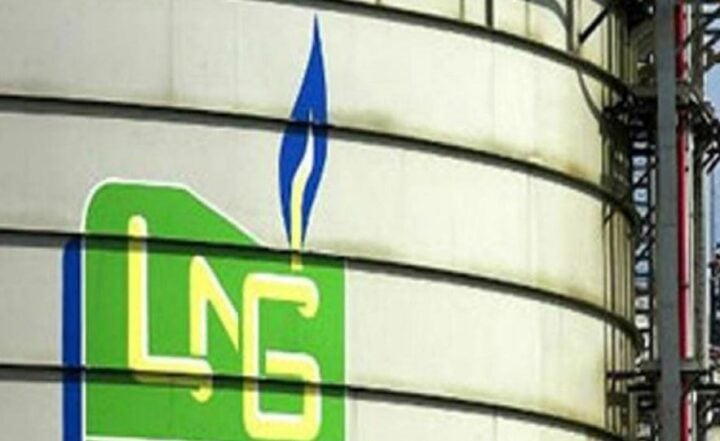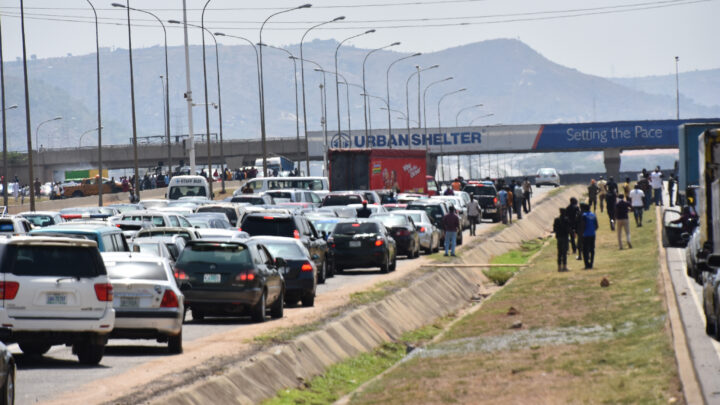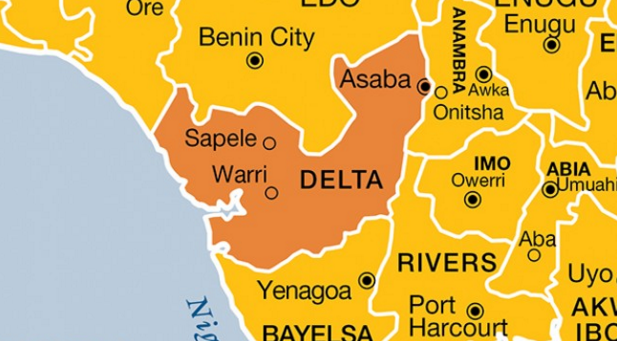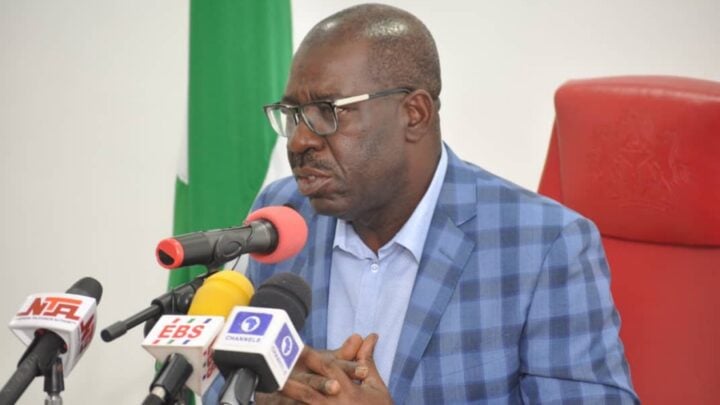The Nigeria Liquified Natural Gas (NLNG) says it not responsible for the supply shortfall of liquefied petroleum gas, otherwise known as cooking gas.
Eyono Fatayi-Williams, general manager, external relations and sustainable development for the NLNG, disclosed this in a statement released on Monday.
According to the National Bureau of Statistics, the average price for refilling a 5kg cylinder of cooking gas increased by 0.56 percent from N2,057.71 in March 2021 to N2,069.21 in April 2021.
Fatayi-Williams said that in 2020 alone NLNG supplied over 80 percent of its LPG sales (Butane/cooking gas) to the Nigerian market.
Advertisement
“It is also erroneous, to say the least, that NLNG contributes to the supply shortfall of cooking gas in Nigeria and consequent price hike. The price of LPG in the domestic market is dependent on several market factors, including the forces of demand and supply,” the statement reads.
“In 2020 alone, NLNG supplied over 80% of its LPG sales (Butane/cooking gas) to the Nigerian market. By committing 100% of its Butane production, NLNG has prioritised the domestic market, thus realising its domestic supply target safely.
“Recently, the company increased the volume of its annual commitment to the market from 350,000 to 450,000 metric tons, which is about 100% of its Butane production. Butane gas is less volatile and is, therefore, suitable for cooking.
Advertisement
“NLNG’s current maximum Butane production meets about 40% of domestic demand. The balance is supplied by other domestic producers or via imports. Therefore, NLNG’s production alone is not sufficient.
“In order to achieve its aspiration for the domestic supply, a dedicated 13,000 metric ton vessel, LPG Alfred Temile, delivers the product to the market through Lagos and Port Harcourt terminals.”
Fatayi-Williams said NLNG’s domestic LPG pricing is most competitive compared to all other alternatives both imported and domestic supply.
Meanwhile, the Nigerian Association of Liquefied Petroleum Gas Marketers (NALPGAM) says naira devaluation and huge supply gap caused the surge in cooking gas prices.
Advertisement
Add a comment







